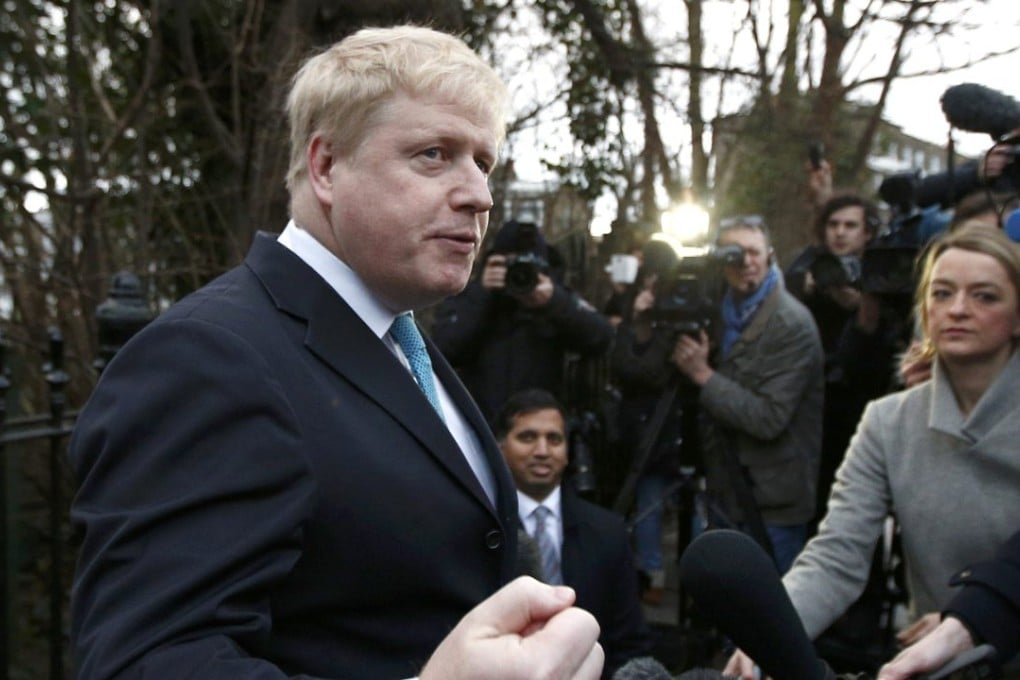Macroscope | Common sense not nostalgic yearning should be at the heart of Britain’s EU departure debate
A Brexit would come at great cost and provide little benefit

As the June date for a British referendum on withdrawing from the EU approaches, truth will increasingly be about what people can be persuaded to believe. Passion and innate preferences will supplant reasoned debate.
Nobody can possibly know how things will play out if Britain exits. Choosing departure from the EU over a less than perfect status quo is risky. Risk-taking can be associated with great rewards, but the sheer folly of taking some risks courts disaster. Britain leaving the EU may be one such risk.
When Britain joined Europe in the early 1970s, its GDP per capita had fallen below that of France, Germany and Italy. Today, average income in the UK is higher than in those countries. Not all of this is attributable to EU membership. But at least the EU has not been bad for Britain in these terms.
The core case for Brexit seems to rest on a yearning for greater independence. Brussels has appropriated the nation’s autonomy. Too much sovereignty has been pooled and must be taken back. Britain needs to shake itself free from EU bureaucracy and create its own dynamism. It must protect its own borders.
Britain will have no voice - it can only negotiate as an external party
Sovereignty arguments are two-edged. Unless sovereignty is denied through irresistible coercion, it can be pooled voluntarily. Withdrawing from the pool means exercising less sovereignty over the decisions of others.
Britain can withdraw unilaterally from the EU, taking its sovereignty with it, but the other 27 member states will determine the relationship that follows. Britain will have no voice - it can only negotiate as an external party.

